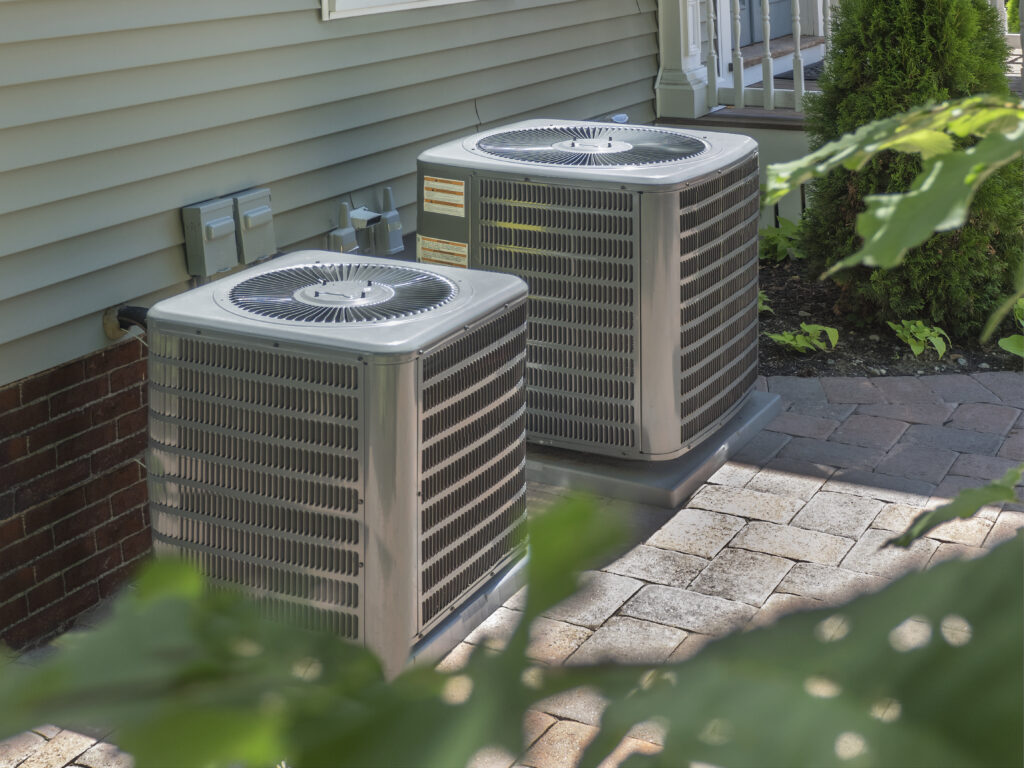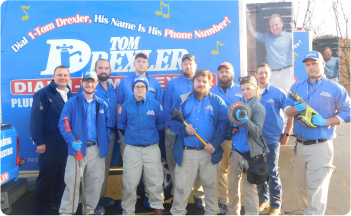Electrical Safety Advice from the Pros
Your home is your safe haven. A place where danger cannot reach you. The place where you come to relax and regenerate for the days ahead.
Although your home is a safe area, for the most part, there are certain areas in your home that you are more prone to have accidents occur.
Electrical appliances and utilities power your home and your life, but this electricity can also be harmful if not used safely.
With these electrical safety tips from the professionals, you can teach yourself and your family members how to safely live with electricity.
Electrical Safety in the Kitchen
In most homes, the kitchen is a busy place.
As a main hub of activity, families spend plenty of time cooking, eating, entertaining, and cleaning in this space.
With a wide variety of both small and large appliances in close proximity to water, there are lots of electrical hazards around this space.
To stay safe in the kitchen:
Avoid water contact with electrical outlets.
Whether you’re cooking or washing dishes, water is bound to splash in your kitchen.
Take extra caution when you’re working with wet ingredients around electrical cables or outlets, as contact with these can cause damage to appliances, or electrical shock.
Ensure cables are far away from hot areas.
Although it may be difficult to keep your counter space clear, try to keep small appliances and their cords away from the stove.
If these cords are exposed to a heat source for a long period of time, the protective coating can melt and cause an electrical fire.
Electrical Safety Around the Home
Maintain a clean space. As a homeowner, keeping a clean home looks better, and feels better. But what if this also provided the benefit of improved safety?
Over time, crumbs, dirt, and even everyday “stuff”, such as papers or other debris, can accumulate behind appliances and furniture that don’t get moved.
If these objects get too close to an electrical outlet, they could heat up and potentially start a fire.
Don’t overload your electrical outlets or circuits. Appliances such as televisions, fridges, freezers, lamps, and others require lots of power to operate.
When extension cords or outlet expanders are used to provide power to lots of electrical appliances, the sockets can overload, causing the breaker to trip.
Although this may not seem like a big deal, there may eventually be a worse problem, such as a broken breaker or damaged appliance.
Electrical Safety in the Bathroom
Make sure that outlets are equipped with ground fault circuit interrupters.
These interrupters sense electrical currents that aren’t grounding properly, and will automatically shut down power, ensuring a person holding a hair a
appliance won’t receive a dangerous electrical shock.
Keep electrical sockets away from the shower.
This may be out of your control, based on the age and size of your bathroom.
If the outlets are not in use, make sure they are covered with an outlet protector.







